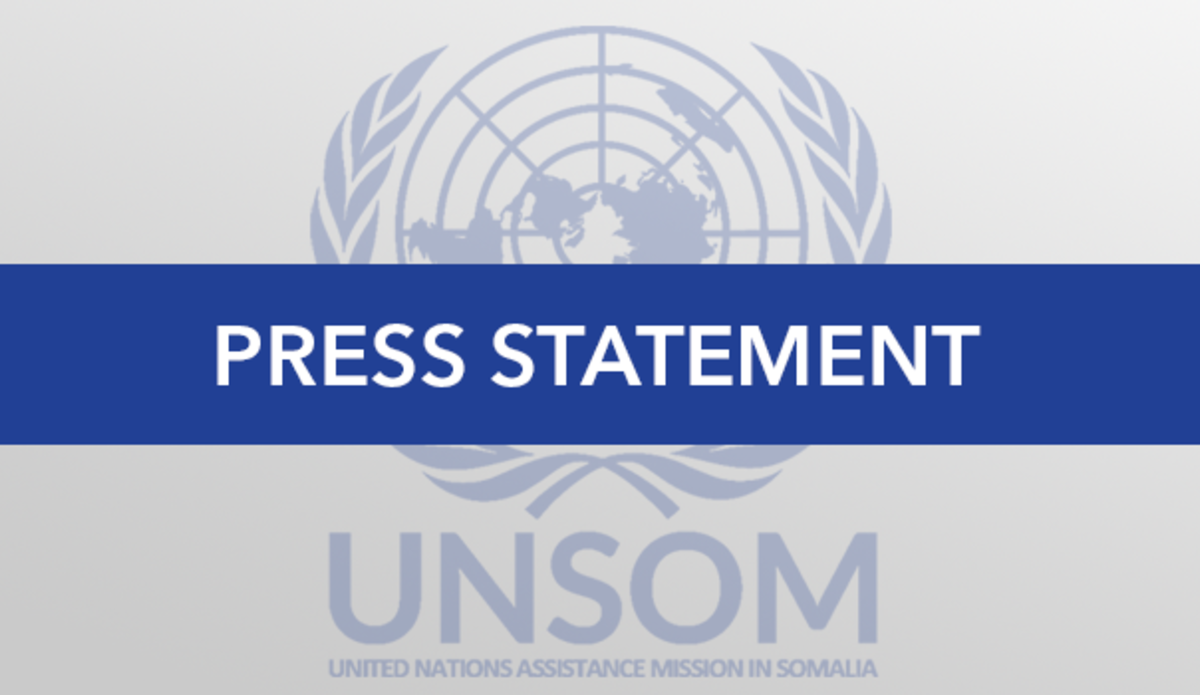UNSOM marks World Youth Skills Day
PRESS STATEMENT 14/2017
As Youth Skills Day is celebrated around the world, the Special Representative of the UN Secretary-General (SRSG) for Somalia, Michael Keating, reaffirms the importance of providing vocational training and technical skills to young people in Somalia.
“Unemployment among Somali youth is alarmingly high,” said SRSG Keating. “Low education levels and limited access to technical skills and vocational training opportunities are a real problem with seriously negative implications".
According to latest estimations by the International Labour Organization (ILO), Somalia registers one of the highest unemployment rates in the world, with only 33 per cent of its youth employed.
“One of the main reasons for youth unemployment is the mismatch between the skills that young men and women can offer and those in demand by employers or that are needed to make a living,” said SRSG Keating. “This mismatch not only impacts the economy, but also hampers the transition to a more equitable, peaceful, prosperous and inclusive Somalia. Resources are very limited so the challenge is enormous, but the evidence is that failure to address it marginalizes young people, which makes them more vulnerable to exploitation and radicalization.”
The UN is currently investing 17.5 million on programmes that provide vocational and technical training to Somali youth, equipping them with the skills needed in sectors such as health, construction, mechanical engineering, agriculture and fisheries as well as entrepreneurship.
“These programmes are a great investment and extremely valuable, but cannot alone meet the huge demand in Somalia,” said SRSG Keating. “I would like to take the opportunity of the World Youth Skills Day to urge Somalia and its partners to invest more in technical and vocational training of young people.”
The SRSG added that investing in youth skills is an investment in the present and future of Somalia. With improved education, relevant skills and competencies, and access to decent jobs, young people can help accelerate progress on the 2030 Agenda, fostering a prosperous, sustainable and equitable environment for all.
 UN
UN





